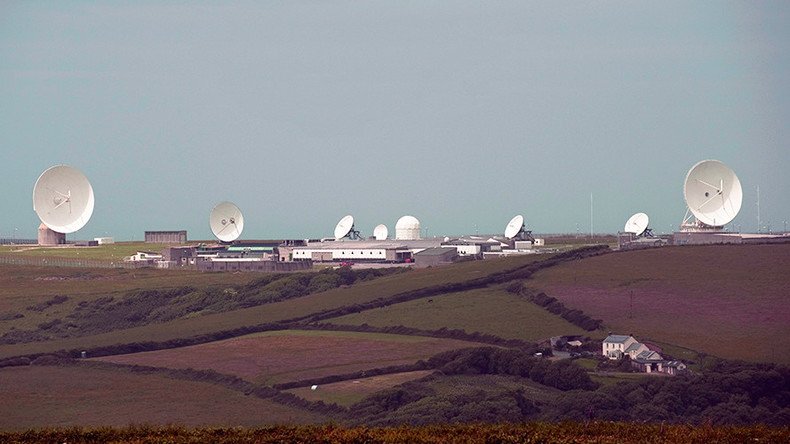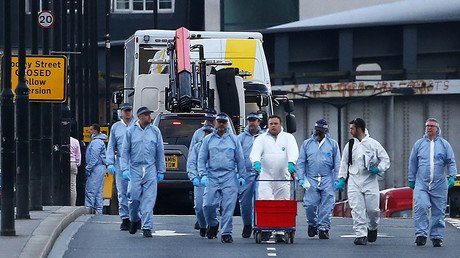Spy agencies expect torrent of new job applications after London Bridge attack

Britain’s spy agencies expect the recent terrorist attacks in London and Manchester will spark a new wave of recruits to join their ranks as they look to expand.
Following the attack on Westminster Bridge, the Manchester Arena bombing and the London Bridge incident this weekend, MI6, MI5 and GCHQ are hoping prospective spies will sign up.
The spooks are pinning their hopes on a surge in new joiners like that which followed 9/11.
The agencies are looking to expand by employing 1,900 new spies and analysts by 2020 with MI6, Britain’s external security agency, getting the lion’s share with 1,000.
The agency is hoping to bring in more ethnic and female recruits in a bid to diversify with the new arrivals boosting personnel from 2,500 to 3,500 by 2020.
Whoever takes power after the general election on June 8, some form of intelligence expansion is likely to go ahead.
Speaking after the Manchester attack on May 22, Labour leader Jeremy Corbyn told reporters his party would “increase staffing levels at the security and intelligence agencies – GCHQ, SIS and MI5 – in order to better ensure our collective safety.”
Following the recent attacks many commentators and experts have pointed to the need for more police and intelligence personnel to defend against terrorist threats.
GCHQ’s expansion follows a cyberattack on the National Health Service (NHS) in May in which hackers broke into systems and then demanded cash in return for not deleting key information.
In late May, Shadow Home Secretary Diane Abbott warned that intelligence agencies are “directed to the wrong priorities.”
“We saw recently that the government’s cybersecurity strategy is primarily an offensive one, neglecting our own defences and only narrowly avoiding disaster for the NHS,” she wrote in an opinion piece for the Guardian.













